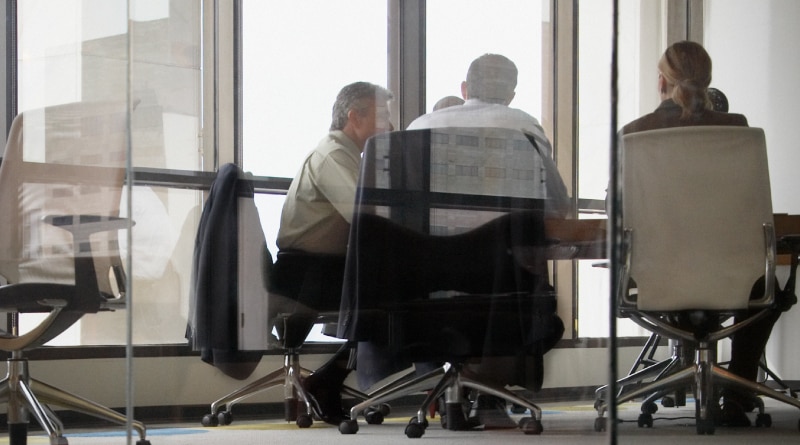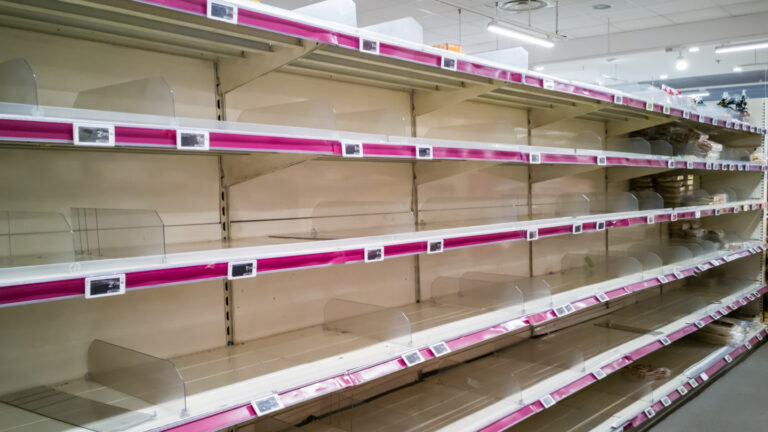
If you think that your product could never be the subject of a recall, it’s time to think again. The Consumer Product Safety Commission issues, on average, one recall notice a day, while the USDA and FDA issued 474 food recalls in 2021. Even for smaller manufacturers, producing a single piece or an ingredient that becomes part of a larger product can put you at risk.
A product recall might be a manufacturer’s worst nightmare, but there are steps you can to take to survive. Follow along to learn the two critical steps to surviving a recall.
Given the high stakes, a recall preparation should go beyond insurance coverage; fully understanding the threat and preparing for it ahead of time is crucial.
1. Create a crisis response plan.
Depending on a company’s product and supply chain position, it may want to be just as ready for a recall as for a tornado. While it might seem easier and less costly to wait until a disaster strikes, not having a recovery plan in place can be cripplingly expensive. Just as you would be likelier to survive a tornado if you had first put together a survival kit and trained everyone in your family on safety procedures, you will be better able to survive a product recall by laying the organizational groundwork well in advance. Here’s how to get started:
- Review your insurance coverage.
Direct costs include lost sales from the recalled product along with costs associated with executing the recall itself: advertising the recall to affected customers, collecting and transporting recalled products, issuing replacement products, and more. And these costs don’t capture the reputational cost to your brand. Review your commercial general liability (CGL) insurance policy with your broker to make sure you fully understand your level of coverage in the case of a recall. Given the high stakes, though, your recall preparation should go beyond insurance coverage; fully understanding the threat and preparing for it ahead is crucial.
- Define your team.
Determine who will have roles in your response team and delegate responsibilities ahead of time. Trek, the popular bicycle manufacturer, offers a great example of why this is so important during a recall. Trek’s leaders had obtained advance buy-in from everyone in their supply chain and all of their departments – including teams from customer service, legal, marketing, and communications. When a problem with their bikes surfaced, this made all the difference. During the recall, all of Trek’s departments, vendors, and stakeholders knew exactly what to do, saving valuable time and allowing the company to get ahead of the issue. In the end, the company ended up with a positive brand image for investigating the problem quickly and proactively bringing a recommendation to the Consumer Product Safety Commission (CPSC) – instead of the other way around.
- Practice your plan.
To prepare, companies should do mock recalls – a simulation that ensures that all of the elements of the response plan are functioning. Consider testing at a minimum once a year to revisit things to make sure everything is working. And any time you get a new supply chain player, involve them in that recall method so you’re sure that goods or ingredients are traceable – as much as possible from start to finish.
2. Handle the crisis
Responding to a recall in a timely manner is key – but announcing culpability should wait until a thorough investigation has been conducted. It’s important to have the appropriate data before responding. While there may be a reported incident that looks like it allegedly involves your product, you should validate that first. Here are few things to consider, after the crisis has materialized:
- Investigate first.
Try to find out the source of the problem. Is it a manufacturing flaw, or an issue of product design or usage? Define the scope of the problem and what part of the product is in question: Is it confined to a certain batch, day or week of production, plant, or supplier? How likely is that problem to occur again? The goal is to clearly define the extent of the needed recall, neither under- or over-recalling. The narrower the recall inventory can accurately be isolated, the faster the recall process and fewer costs you’ll have to endure.
- Rely on PR and legal professionals.
Unfortunately, there have been quite a few incidents over the years where a proprietor will step into the PR shoes and override the concerns of the legal team, trained responders, and those that understand the PR perspective. The impulse is understandable, but should be resisted.
It’s better to rely on the experts when deciding what to say, what not to say, when to deliver it, who to focus it on, and what information to divulge.
- Be transparent.
While timing and messaging are both important, perhaps nothing is more important to brand survival than transparency. Many companies have suffered huge reputational setbacks during product recalls when they are seen as stalling for time or not acting decisively to protect consumers. In contrast, when Trek saw troubling incident reports of injuries to customers using its bicycles, it initiated an investigation, determined that the issue was improper usage of a lever, and proactively reached out to the CPSC and industry peers to initiate a recall. Trek also stopped using the part and found a replacement.
From survive—to thrive
Product recalls can be messy and expensive but, if planned for and handled properly, they can actually instill even more trust in your brand. Bottom line? Don’t wait for a recall to happen before you start preparing. A recall is never good news – but performed well and expediently, it doesn’t have to cause permanent damage.
Related insights
This website is general in nature, and is provided as a courtesy to you. Information is accurate to the best of Liberty Mutual’s knowledge, but companies and individuals should not rely on it to prevent and mitigate all risks as an explanation of coverage or benefits under an insurance policy. Consult your professional advisor regarding your particular facts and circumstance. By citing external authorities or linking to other websites, Liberty Mutual is not endorsing them.



